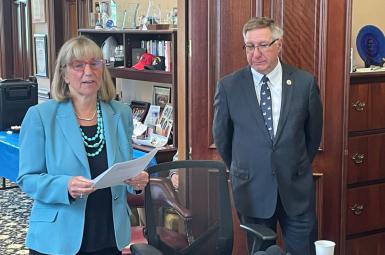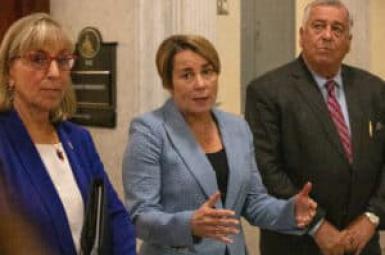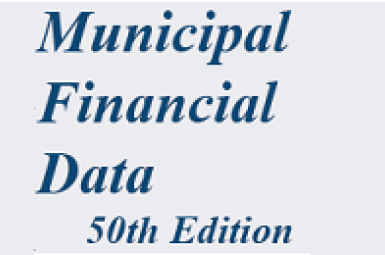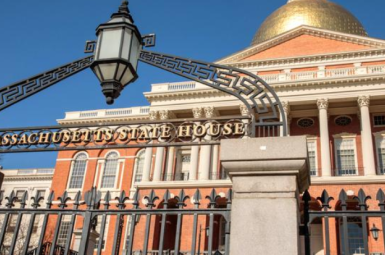Doug Howgate, president of the Massachusetts Taxpayers Foundation think tank, said the escalating credits designed to prime housing development take aim at the lack of affordable housing strangling many Bay Staters.
“This has a significant cost over time, but when you think about our goals for housing production and mitigating costs in those areas, clearly this is something there’s a great deal of support for,” Howgate said.








